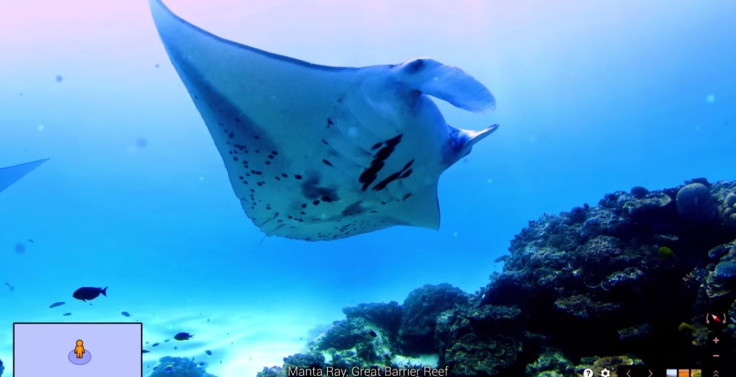Climate Change Could Irreversibly Alter Nitrogen-Fixing Bacteria In The Ocean, Disrupt Food Chain

A latest study has revealed the potentially dangerous impact of climate change on the survival of the tiny bacterium called trichodesmium. According to the researchers, an irreversible damage to the bacterium could impact the entire marine food chain -- from microscopic planktons to enormous whales.
Trichodesmium is known to survive in the areas of an ocean that are deprived of essential nutrients. The bacteria convert atmospheric nitrogen into a material, which is then used up by other marine organisms for their growth and survival.
According to Eric Webb, the co-author of the study published in the journal Nature Communications, the property of nitrogen fixation makes the bacteria “the fertilizing agent of the open ocean.” The microorganism lives in the form of colonies, also known as the “sea sawdust,” that are visible from the naked eye.
During the study, the researchers observed the growth of trichodesmium by simulating the levels of carbon dioxide that would exist in another 85 years of time. The research team found that it would lead to a reproductive overdrive, which is an enormous multiplication of the bacteria that end up consuming a vast number of resources.
The consumption of a majority of resources would ultimately make other organisms dependent on the same resources die. In addition, the bacterium would start to compete among themselves for the resources, therefore leading to their own extinction. Then, there would be no nitrogen fixation, and this would deprive the other organisms in the food chain of the resources produced by the bacterium.
When the researchers placed the same bacterium back into the present-day conditions, they found that the change was irreversible or rather permanent. Since the study results question the basic evolutionary principles, the researchers said that more research is needed to find the reason behind the irreversible evolution.
© Copyright IBTimes 2025. All rights reserved.



















